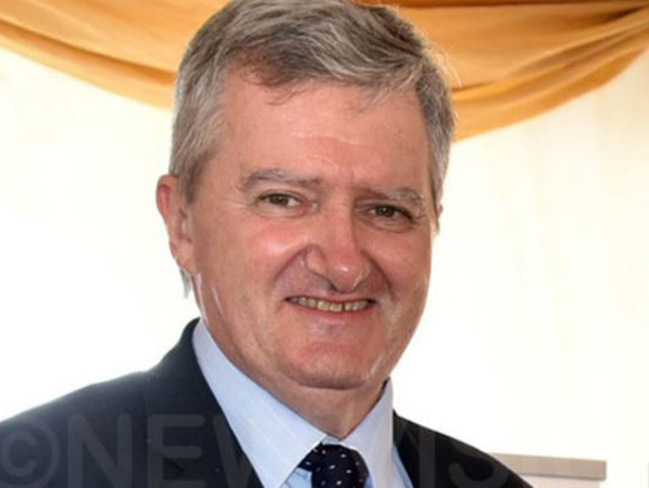Gender-based violence declines in Busoga region
Eight years down the road, Busoga has registered significant progress and reduced cases of GBV from 74% (in 2006) to 48% (in 2016).
GENDER-BASED VIOLENCE
KAMPALA - When the government of Ireland embarked on providing support towards ending Gender-Based Violence (GBV) in Busoga region in 2011, 70% of the women had been victims.
According to the 2006 Uganda Demographic Health Survey, the women had experienced either physical or sexual violence from the age of 15.
Half of the women experienced this violence from their husbands or intimate partners within the home.
However, only 6% of the women reported the cases to formal institutions such as the Police, according to the 2006 survey.
This pushed for the introduction of the GBV prevention and response programme in Busoga subregion by Uganda and the government of Ireland.
Now eight years down the road, Busoga has registered significant progress and reduced cases of GBV from 74% (in 2006) to 48% (in 2016).
"It all stemmed from a change in attitude and practices that promoted GBV leading to more women breaking their silence and seeking help whenever GBV occurred," the Ambassador of Ireland to Uganda, William Carlos, who hosted a reception at his residence to celebrate the gains on ending GBV, said.
 William Carlos, Ireland's ambassador to Uganda. (File Photo).
William Carlos, Ireland's ambassador to Uganda. (File Photo).
A total of 192 community activists were trained and supported to mobilise communities to end GBV.
Carlos said the new Ireland policy on international development was focused on gender equality and addressing GBV.
"We all know that development cannot be achieved where there is a high prevalence of GBV in all its forms, whether it is in the home, in communities or the workplace, whether it is sexual, physical or emotional," he said.
Over the last eight years, the Irish government has provided euros 3.7m (about sh14.8b) towards the prevention and response to GBV cases in Busoga.
The envoy pledged more support. This year marks 25 years of the official IrelandUganda partnership.
Carlos also commended the ongoing work to develop a second national action plan to implement the UN Security Council Resolution 1,325 on women, peace and security that will further protect women from GBV.
The permanent secretary in the gender ministry, Pius Bigirimana, said reviews indicate awareness and ability to discuss GBV in Busoga had increased from 47% in 2011 to 54% in the last year.
"Members of the community are now able to discuss practices that contribute to GBV in their respective areas with the aim of stopping the vice," he said.
Social norms and perceptions have also changed. He also said acceptability of wife beating that was at 15% in 2011 reduced to 9% in 2016.
Bigirimana, who was the guest of honour, said discussions were ongoing on how the GBV prevention programme in Busoga region could be rolled out in the rest of the country in line with the 2016 national policy and action plan of elimination of GBV.